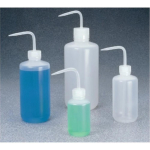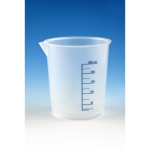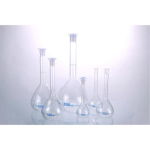Biochem/physiol Actions
The ED(50) was determined by the dose-dependent stimulation of the proliferation of monkey 4MBr-5 cells. The expected ED50 for this effect is 1.0-20.0 ng/ml.
Disclaimer
Unless otherwise stated in our catalog or other company documentation accompanying the product(s), our products are intended for research use only and are not to be used for any other purpose, which includes but is not limited to, unauthorized commercial uses, in vitro diagnostic uses, ex vivo or in vivo therapeutic uses or any type of consumption or application to humans or animals.
General description
Human Hepatocyte Growth Factor (HGF) is also known as Scatter Factor and Hepatopoeitin A. HGF is a potent mitogen for mature parenchymal hepatocyte cells and acts as a growth factor for a broad spectrum of tissues and cell types. Activities of HGF include induction of cell proliferation, motility, morphogenesis, inhibition of cell growth, and enhancement of neuron survival. HGF is a crucial mitogen for liver regeneration processes, especially after partial hepatectomy and other liver injuries. Human and murine HGF are cross-reactive.
GF116 is an 80 kDa disulfide-linked heterodimeric protein consisting of the alpha chain (463 amino acids) and the beta chain (234 amino acids).
Product Source: Baculovirus infected High-5 cells
Legal Information
CHEMICON is a registered trademark of Merck KGaA, Darmstadt, Germany
Physical form
The sterile filtered solution was lyophilized from 0.1M L-arginine HCl, 10 mM Tris, pH 8.0, and 200 mM NaCl.
Storage and Stability
The lyophilized protein is stable for a few weeks at room temperature, but best stored at -20°C. Reconstituted HGF should be stored in working aliquots at -20°C. We recommend a quick centrifugation of the vial followed by reconstitution in water to a concentration of 0.5 mg/mL. This solution can then be diluted into other buffers and stored at 4°C for 1 week or stored at -20°C for future use. Avoid repeated freeze/thaw cycles.







